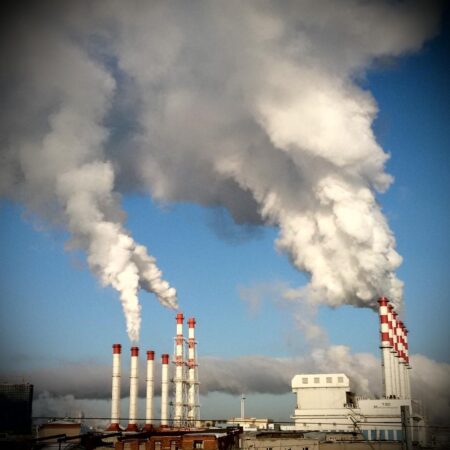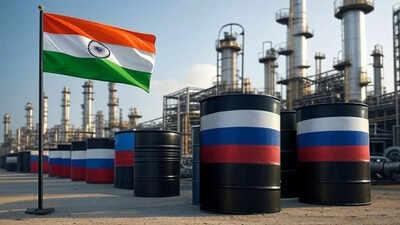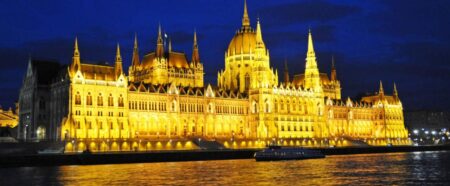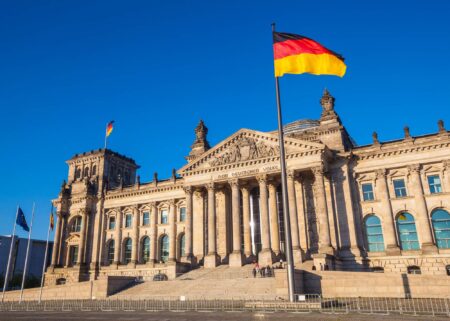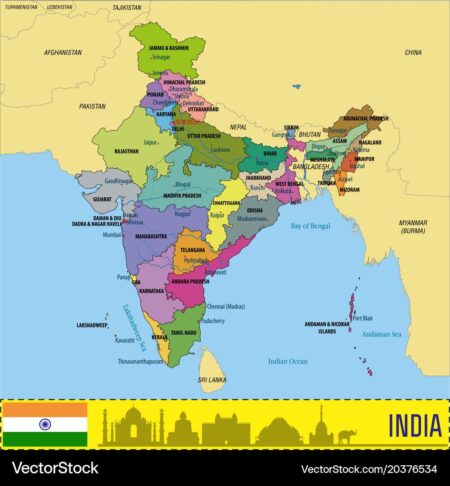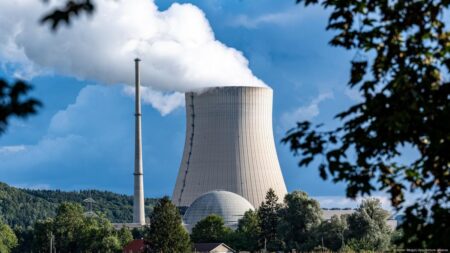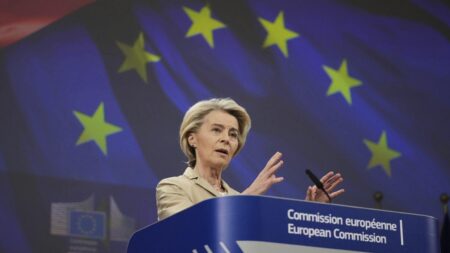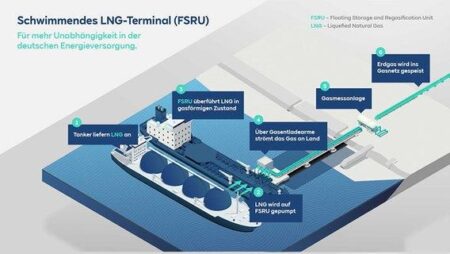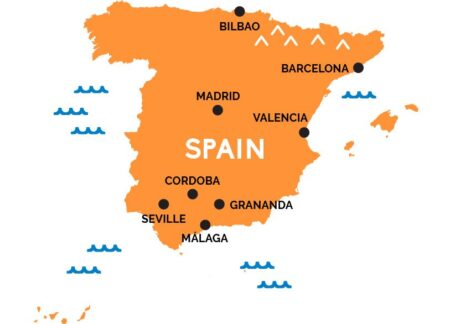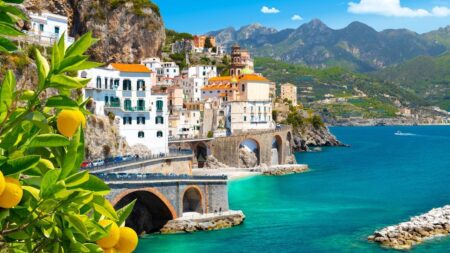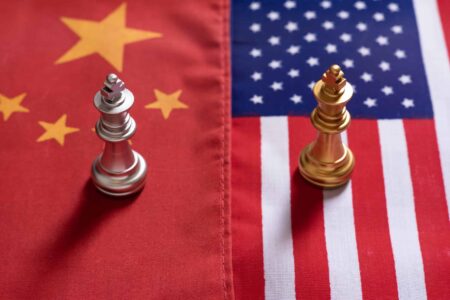Venezuela has announced daring plans to deploy naval vessels to its vital oil export hub, responding decisively to recent U.S. sanctions. This bold strategy aims to protect shipments and tighten control amid escalating geopolitical tensions
Browsing: energy security
Russia has launched a series of attacks targeting Ukrainian energy facilities across six regions, Ukrainian officials disclosed. These strikes have caused widespread power outages, deepening the crisis and severely disrupting civilian infrastructure amid the ongoing conflict, Reuters reports
Russia is banking on India to continue purchasing its oil amid the shifting global energy scene and is actively seeking trilateral talks with China and India to strengthen strategic and economic ties, Reuters reports
Hungary and Slovakia are sounding the alarm over potential oil supply disruptions following a Ukrainian strike on a vital Russian pipeline. With regional tensions mounting, both nations face growing concerns about imminent energy shortages, Al Jazeera reports
India will continue to secure oil from the most competitive suppliers, stressed the Indian envoy, who strongly criticized US tariffs as “unfair” and “unjustified.” This powerful declaration underscores India’s steadfast determination to meet its energy demands despite escalating global tensions
German authorities have made a breakthrough by arresting a suspect connected to the Nord Stream pipeline explosions. This individual is suspected of sabotage, intensifying the urgency and expanding the scope of investigations into the 2022 attacks on this critical energy infrastructure
Italy has arrested a Ukrainian national suspected of playing a key role in the Nord Stream pipeline attacks, German prosecutors confirmed. This arrest marks a significant breakthrough in the ongoing investigation into the sabotage
India has boldly declared it will continue purchasing Russian oil, dismissing former President Trump’s warnings of potential consequences. This decision underscores New Delhi’s steadfast dedication to meeting its energy demands despite the swirling global uncertainties
Qatar’s vital gas supply to Germany now faces uncertainty, as shifting geopolitical tensions and supply chain challenges cast a shadow over the partnership. This disruption threatens Germany’s energy security at a critical moment, just as the nation urgently seeks alternatives to Russian gas
Russia has seized a key lithium field, intensifying tensions amid the ongoing U.S.-Ukraine minerals agreement. This daring move underscores the growing importance of battery metals in driving global power dynamics
Germany takes center stage as Italy expands the European nuclear alliance, signaling a groundbreaking shift in regional defense dynamics. This bold step underscores a growing partnership, strengthening Europe’s response to an evolving security landscape
The European Investment Bank has pledged an impressive $1.84 billion to the France-Spain power link project, a strategic investment aimed at strengthening grid stability and protecting both countries from future blackouts following recent disruptions
The Atlantic Council explores five key questions about the EU’s latest sanctions targeting Nord Stream, Russian banks, and oil exports, uncovering their profound impact on Europe’s energy security and Moscow’s financial power centers
Germany is swiftly fast-tracking its departure from Russian gas, dramatically increasing LNG imports and pouring investments into cutting-edge terminals and infrastructure. This bold move is designed to guarantee energy independence in the face of escalating geopolitical tensions, signaling a powerful shift that could redefine Europe’s energy landscape forever
The European Union is weighing bold new sanctions against Russia, which could see more than 20 Russian banks cut off from the SWIFT payment system. Additionally, a potential ban on the Nord Stream gas pipeline is also on the table, as reported by Bloomberg
Spain and Portugal are urging the EU to fast-track the development of power interconnections in the wake of a major blackout. The two countries stress that strengthening energy links is crucial for bolstering stability and resilience in their power grids, ensuring a brighter and more secure future for all
Italy’s potential entry into the Three Seas Initiative promises to ignite regional collaboration, fortify energy security, and deepen economic connections with Central and Eastern European nations. This move could elevate Italy to a key role in tackling strategic challenges across Europe
The U.S. has taken decisive action by imposing sanctions on multiple companies linked to the facilitation of Iranian oil shipments to China. This bold move represents a crucial advancement in Washington’s strategy to disrupt Iran’s oil exports and diminish its influence across the region.
Japan’s energy landscape is experiencing a remarkable transformation as the government re-evaluates its dependence on fossil fuels and actively pursues greater investments in renewable energy sources. This bold shift not only aims to enhance energy security but also tackles the pressing challenges of climate change head-on.
Exclusive sources reveal that U.S. and Russian officials are actively engaged in crucial discussions to revive the flow of Russian gas supplies to Europe. These talks emerge against a backdrop of escalating energy concerns, as Europe braces for potential shortages with winter fast approaching.


